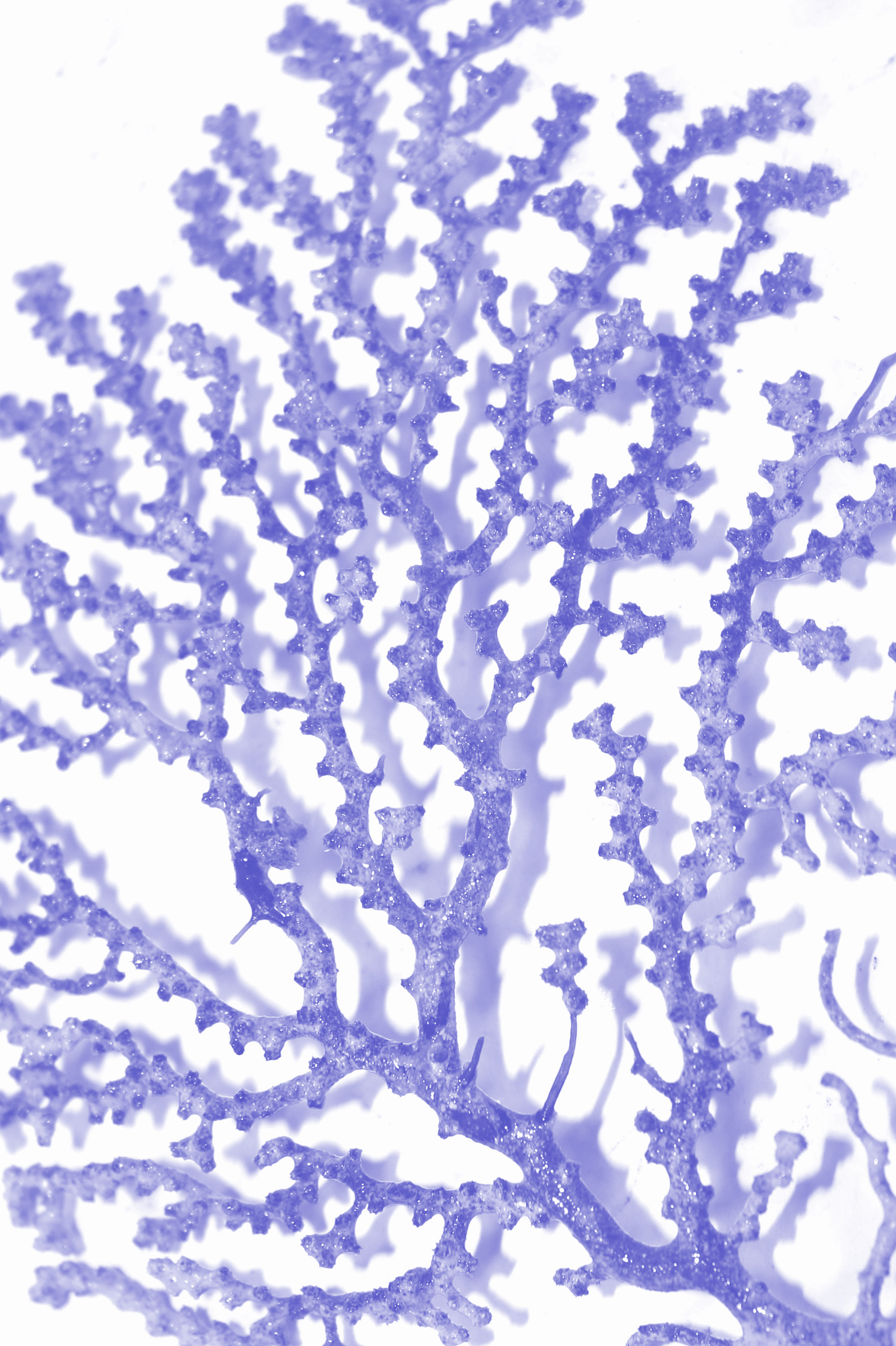Un-studied reefs tallied
 Biases have been found in coral reef research.
Biases have been found in coral reef research.
Coral reefs, which support a quarter of marine species and play a vital role in coastal economies, face a global threat due to climate change.
In response to this crisis, scientists from UNSW Sydney conducted a comprehensive analysis of coral health research, uncovering significant biases in the field.
Their findings, published in the Journal of Ecological Solutions and Evidence, revealed a dominance of research from the US and Australia, with underrepresentation of authors from countries possessing extensive coral reef systems like The Maldives and Papua New Guinea, where reefs are also critically endangered.
To address this bias, the research team has stressed the importance of including local experts.
The study also identified underrepresented research areas, notably coral bioerosion and the coral microbiome.
These gaps hinder a holistic understanding of coral health, particularly in the context of climate change and human activities.
“We wanted to provide clear data on the topic areas that we've looked at, as well as the areas that require further research, and also to provide some ideas and evidence-backed directions for where we can improve coral health research as a whole,” says Samantha Burke, the lead author and a PhD candidate at UNSW.
The research integrated data from 335 literature papers on coral health, scrutinising author details, research themes, methods, and research integrity.
A significant revelation was the limited influence of coral health research outside academia, as most papers primarily aimed to inform conservation but were cited only minimally in policy.
The researchers believe that making science more accessible to the public and increasing research accessibility could bridge this gap.
To counter the bias in coral reef research, the study highlighted the need to acknowledge the knowledge base of local researchers in underrepresented countries, fostering a passion for coral reef conservation and improving research integrity.
They hope their systematic approach can serve as a model for similar assessments in other research fields.








 Print
Print